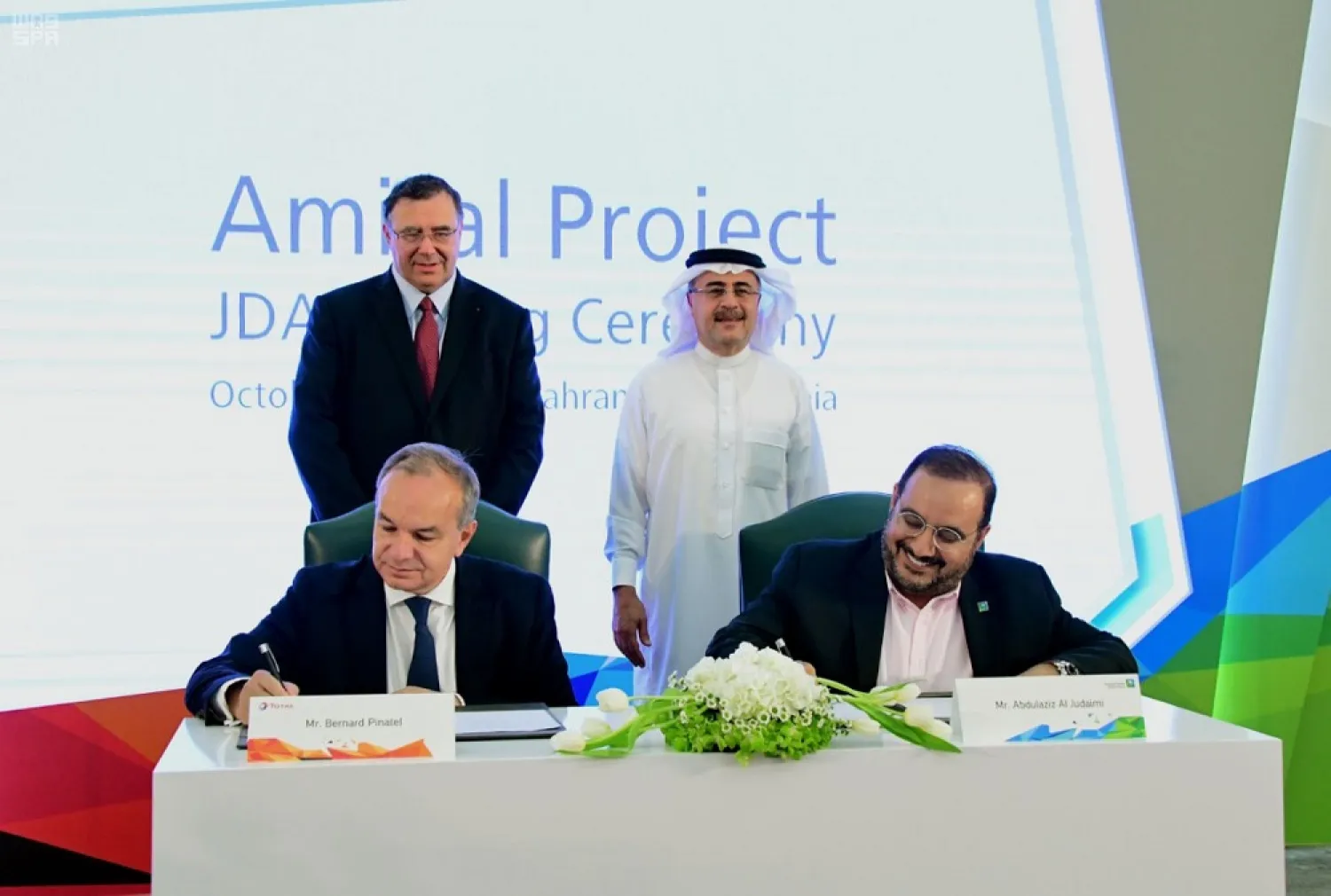Saudi Aramco and Total signed on Monday the joint development agreement for the front-end engineering and design (FEED) of a giant petrochemical complex in Jubail, on Saudi Arabia’s eastern coast.
The agreement was signed between President and Chief Executive Officer of Saudi Aramco Amin H. Nasser and Chairman and Chief Executive Officer of Total Patrick Pouyanné.
Announced in April 2018, the world-class complex will be located next to the SATORP state-of-the-art refinery, operated by Saudi Aramco (62.5%) and Total (37.5%), in order to fully exploit operational synergies.
It will comprise a mixed-feed cracker (50% ethane and refinery off-gases), the first in the Arabian Gulf region to be integrated with a refinery, with a capacity of 1.5 million tons per year of ethylene and related high-added-value petrochemical units.
The project represents an investment of approximately $5 billion dollars and is scheduled to start-up in the 2024.
In a move to further develop downstream industries in the Kingdom, the project will also provide feedstock for other petrochemical and specialty chemical plants located in the Jubail industrial area and beyond, representing an additional $4 billion investment by third party investors, benefitting the Saudi economy.
The overall complex will represent an investment of approximately $9 billion and is expected to create 8,000 local direct and indirect jobs.
Nasser said: “The petrochemicals sector has been undergoing significant growth globally and is one of the future growth engines. Thus, SATORP’s second-phase expansion represents a significant value addition in Saudi Aramco’s downstream strategy to maximize the full value of our vast resources portfolio and position the Kingdom as a chemicals manufacturing and exports hub, supporting economic growth and diversification as part of Vision 2030.”
“Today’s signing with our partner, Total, will deliver on multiple levels, from high-value fuels and petrochemical products never before manufactured in the Kingdom, destined for consumers on three continents to meaningful job creation for Saudi men and women and local content development.”
“Our partnership with Total has evolved from a buyer-seller relationship of crude oil to one that has progressed to a strong long-term partnership through SATORP and today we’re pleased to commemorate another major milestone as part of the SATORP journey.”
Pouyanné said: “We are delighted to write a new page of our joint history by launching a new giant project, building on the successful development of SATORP, our biggest and most efficient refinery in the world.”
“This world-class complex also fits with our strategy to expand in petrochemicals by maximizing the synergies within our major platforms, leveraging low-cost feedstocks and taking advantage of the fast-growing Asian polymer market.”









